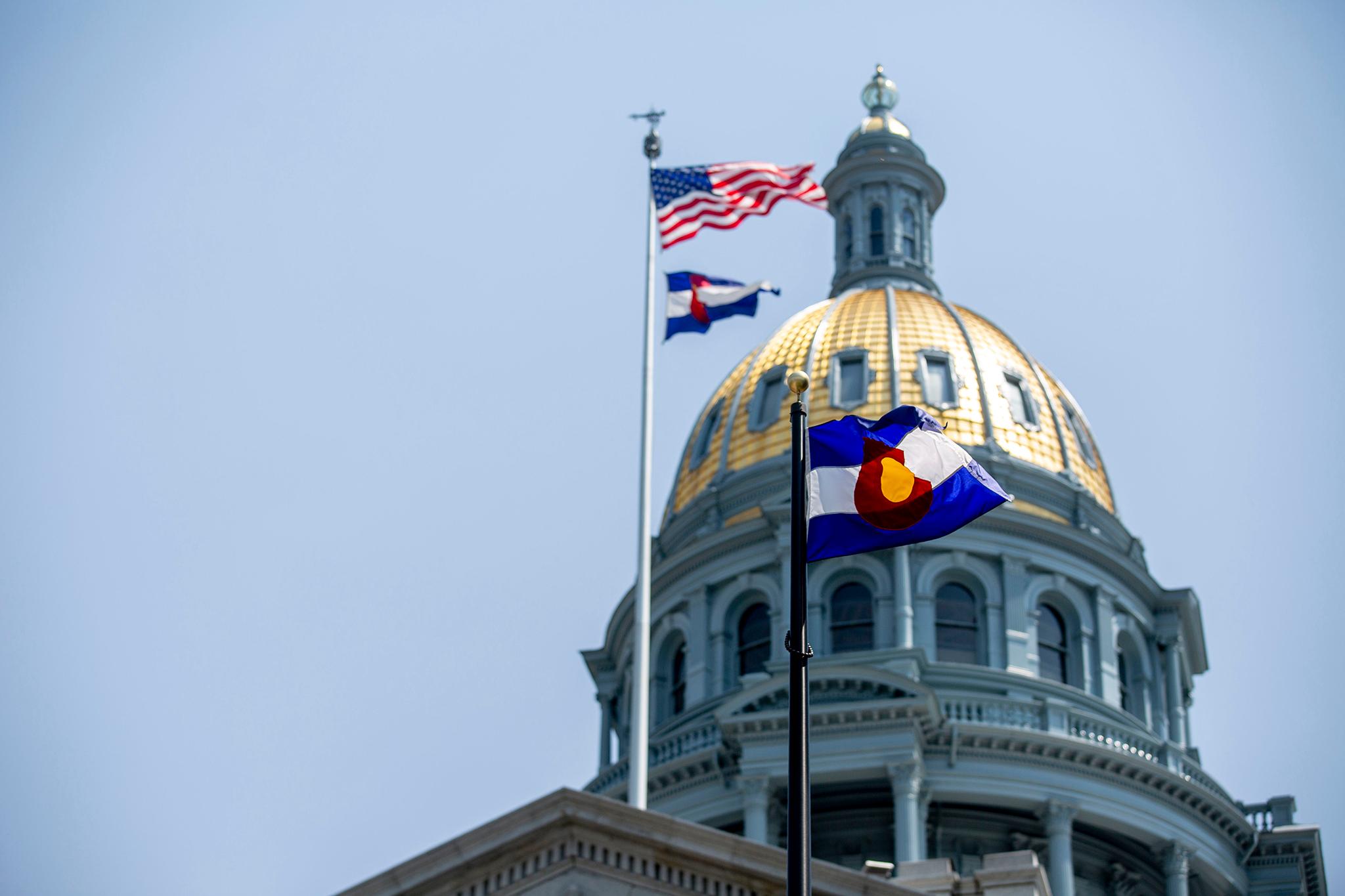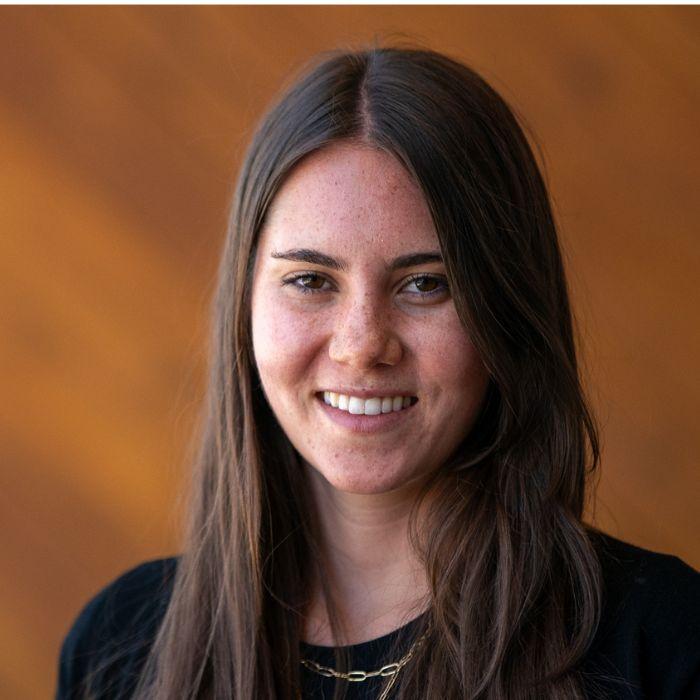
A paid family and medical leave plan — Proposition 118 — is on the ballot for Coloradans this November. The Colorado legislature tried to bring a similar plan to a vote earlier this year, but it never reached the floor.
If voters approve this version, workers would be eligible for up to 12 weeks of paid time off for certain life events. Proposition 118 would protect an employee’s job during certain events and would pay them a portion of their salary or wages for the length of their leave.
By comparison, the current federal law — the Family and Medical Leave Act — only applies to workplaces with 50 or more employees and doesn’t guarantee pay.
Eight states and Washington, D.C. have passed similar laws. If Colorado voters approve Proposition 118, the program would start collecting premiums in 2023 and would begin paying out benefits in 2024.
Yes on 118: Faith Winter, Democratic state Senator from Adams County
Democratic state Sen. Faith Winter supports Proposition 118 because she believes guaranteed pay for time off during medical emergencies is critical for public health in Colorado — especially during a pandemic.
“No employer wants to say, ‘Oh, I'm so sorry. You have to quarantine right now, but you're going to lose your wages,’” Winter said.
She cited the Bureau of Labor Statistics and said only one out of five Coloradans have paid family and medical leave. Winter said that has ramifications for people’s health in lots of different situations.
“We have moms going back to work two weeks after giving birth,” she said. “We have cancer patients that are skipping their second round of chemotherapy because they can't lose their job.”
Winter sponsored the paid family and medical leave bill that fell flat in the state legislature earlier this year. She said the “social insurance program” now put forth in Proposition 118 is better than the private market version the legislature tried to pass because it spreads the financial risk across the workforce.
“There are a lot of businesses trying to do right by their employees,” she said. “And it's incredibly expensive to provide paid family leave on your own. By increasing the pool, this makes it affordable for every employer and every employee in the state.”
No on 118: Dave Davia, CEO of the Rocky Mountain Mechanical Contractors Association
Dave Davia represents a trade association for the state's commercial building industry, which represents more than 600 firms. He said he has trouble with what he sees as a “one-size-fits-all” solution to paid family and medical leave. He believes it takes away an employer’s freedom and flexibility to do what’s best for each employee at any given moment.
“Employers make good decisions when presented with health crises for their employees,” he said.
It’s always a possibility that some people could fall through the cracks, but Davia said employers do have to offer their workers some kind of paid leave to be competitive in the hiring market. And he argued that most employers in Colorado do offer some kind of paid time off. He said that’s according to polls conducted by the Colorado Chamber of Commerce and the Mountain States Employers Council. But he said that data might include paid sick time and not necessarily paid family or medical leave.
While supporters of Prop 118 argue the pandemic underscores the need for a public program to aid workers during birth or illness, Davia sees it a different way. He pointed out that COVID-19 has hurt the economy and “businesses are trying to figure out how they're going to operate in the new normal.” He doesn’t think it’s the right time to exact an extra premium from employers or employees who are already hurting.
Davia worries about the program’s solvency overall. He said he thinks it’s likely that more people will apply for the benefit than the funds can handle. And he’s concerned the program creates too much new bureaucracy.
“It gives the state kind of unprecedented control,” he said.








